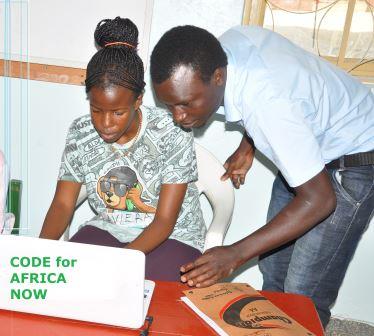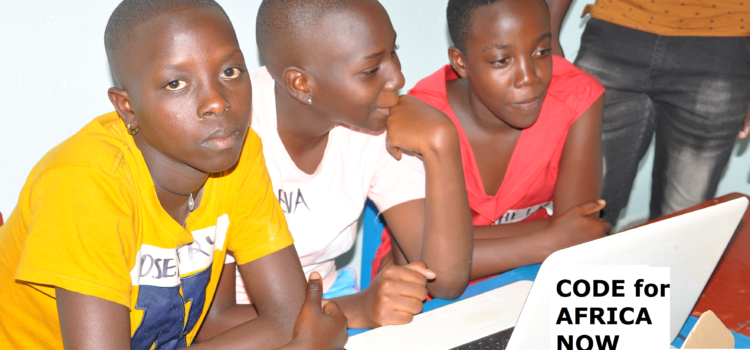In the dynamic landscape of the Fourth Industrial Revolution, digital literacy emerges as the cornerstone of Africa’s transformative journey. Digital literacy extends beyond the basic ability to operate devices; it is the gateway to unlocking the vast potential of emerging technologies. Empowering individuals with comprehensive digital skills becomes not just an educational imperative but a catalyst for socioeconomic progress.
As African nations integrate into the global digital economy, ensuring that citizens are digitally literate becomes paramount. Digital literacy empowers individuals to navigate online spaces, access information, and communicate effectively. It’s a tool that transcends age, gender, and socio-economic backgrounds, offering a pathway for all to participate meaningfully in the burgeoning digital landscape.
In the context of Africa’s tech renaissance, digital literacy programs are not just about adapting to the digital age but about instilling a mindset of innovation and problem-solving. These programs aim to equip individuals with the skills to critically evaluate information, think analytically, and contribute to the creation of digital content. In doing so, they nurture a generation capable of not just consuming technology but actively shaping it to address local challenges.
The empowerment fostered by digital literacy extends beyond personal development; it is a catalyst for entrepreneurship and economic growth. As individuals gain the ability to harness digital tools, they become well-positioned to explore opportunities in the rapidly evolving tech-driven job market. This, in turn, contributes to the development of a digitally skilled workforce crucial for the success of Africa’s burgeoning tech industries.
Moreover, digital literacy serves as a bridge across generations, fostering intergenerational learning and collaboration. By ensuring that both the young and the old can navigate the digital landscape, these programs create a cohesive society where knowledge is shared seamlessly, strengthening the social fabric of communities.
In essence, digital literacy is the key to unlocking the transformative potential of emerging technologies. As Africa navigates its tech renaissance, investing in comprehensive digital literacy programs is an investment in the continent’s future. It empowers individuals to not only adapt to the digital age but to actively participate, innovate, and contribute to a future where technology is a force for inclusive and sustainable development.







Recent Comment
Governance in the Fourth Industrial Revolution: A Balancing Act
Digital Literacy: Empowering the Future in Africa